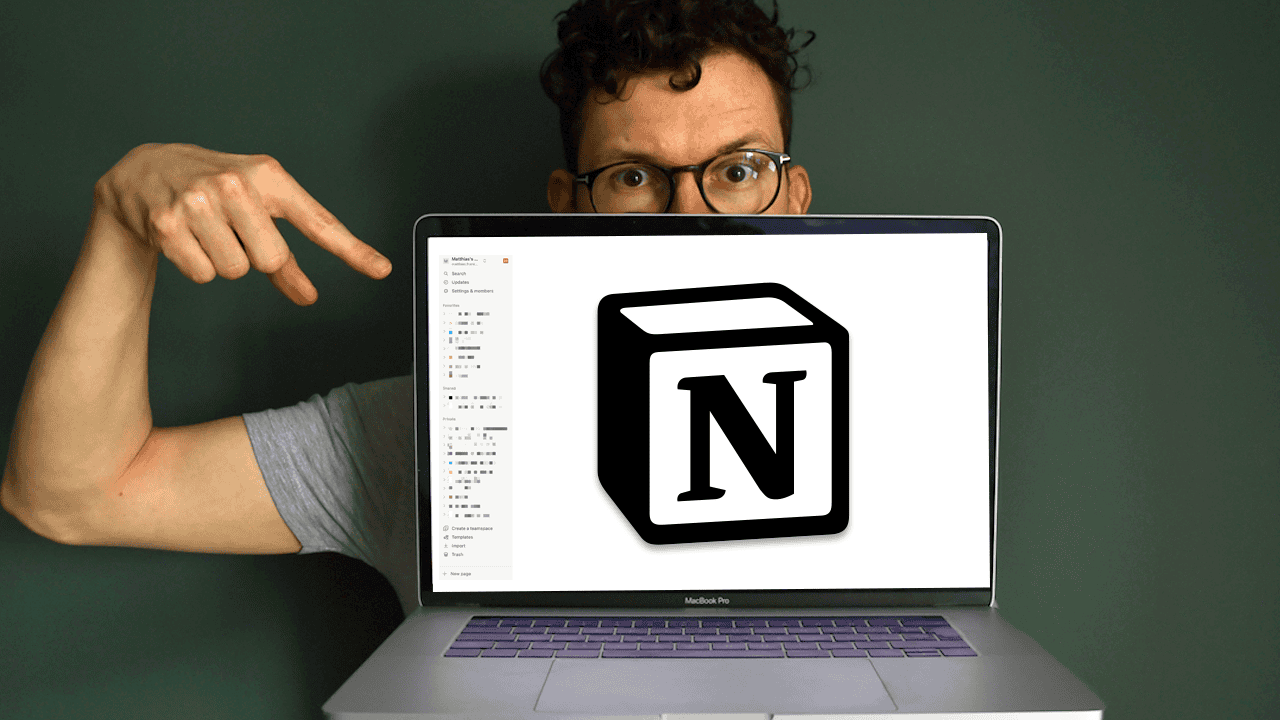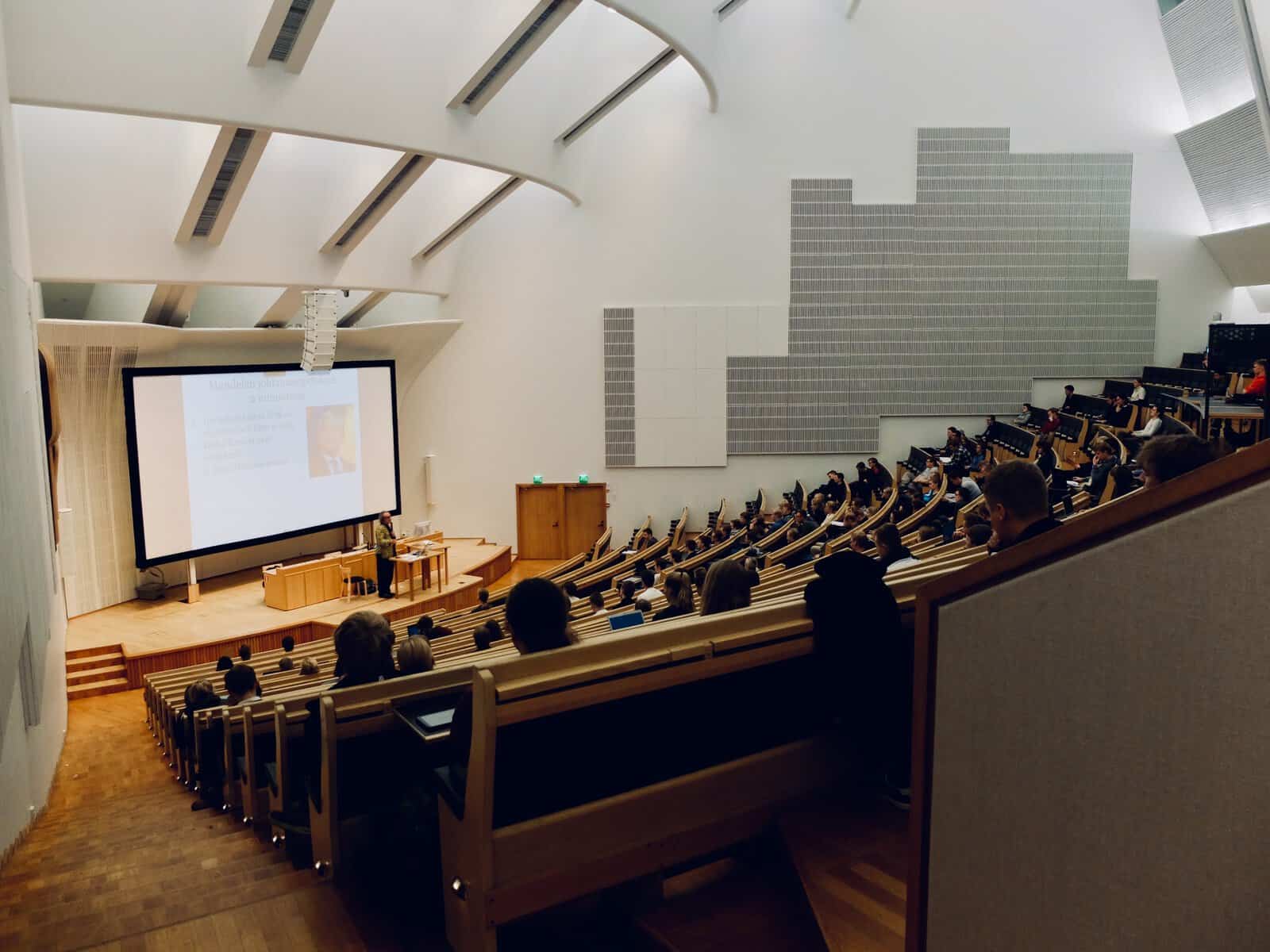Wouldn’t it be amazing if we could learn in our sleep? Simply pick the skill you’d like to acquire, go to bed and wake up with a whole range of new abilities? Sounds too good to be true? Well, yes and no. Granted, you can’t just put your textbook under your pillow and hope to somehow be infused with new knowledge. But ultimately, if you want to optimise your learning, there is no way around sleep. According to science, sleep might well be the single most important factor in determining your study success. Yes, even more important than my holy grail study rule of Active Practice. Ready to be stunned by just how crucial sleep is? Let’s dive in.
This article is part 1 of a series on the importance of sleep. It’s based on the book “Why we sleep” by Matthew Walker and summarises my learnings and take-aways.
You are looking for one of those crazy productivity hacks that will make your life happier, healthier and improve your cognitive capabilities at the same time? Well, turns out, sleep actually is the closest thing we have to a magical pill.
Why do we get sleepy?
Before we look at the amazing boosts that sleep offers to our learning sessions, it’s important to know the underlying system in our body that controls sleepiness. While other factors might contribute too (like re-reading a really, really boring text book because you don’t know the Question Book Method yet), your sleep is controlled by two systems:
- Your Circadian Rhythm
- Your Sleep Pressure
Your true internal clock: the circadian rhythm
Turns out humans actually do have an internal clock and it’s a bit off. On average, it would complete a cycle each 24 hours and 15 minutes, but thankfully, it resets itself using outside stimulations like sunlight, meals or exercise to keep in balance with actual time.
The circadian rhythm activates a variety of brain and body functions to keep you awake when you’re supposed to – and will make you sleepy when it’s time for bed. The key thing to know here is that your circadian rhythm will do so irrespective of whether you actually sleep or not.
That explains why at some point during your all-nighter study session, you will feel a little less bad and more “awake” again. Your circadian rhythm is marching towards wakefulness, leaving you relatively less tired than before.
Don’t fight your circadian rhythm
Unfortunately, while we all share roughly the same structure, our circadian rhythms are not fully identical.
Roughly 40% of people reach their peak wakefulness during the early morning hours and get sleepy relatively early at night.
Another 30% have a peak later in the afternoon and can’t sleep until late into the night.
(the remaining 30% are somewhere inbetween).
Here lies the first lesson to improve our learning success. If we have enough control over our schedule to determine ourselves when we get up and and go to sleep (or at least can push our study sessions around a bit), we’d be well advised to adjust them to our internal clock.
As opposed to conventional “productivity wisdom”, simply getting up earlier and earlier will not necessarily improve your focus. It will be the right thing to do if your among the 40% of early morning people, but it would wreck havoc on your wakefulness-cycle if your peak happens to come later in the day.
Your Sleep Pressure
Moving on to the second part of the equation, your sleep pressure.
Put simply, once you are awake, the hormone adenosine starts to accumulate in your brain and the more adenosine there is, the sleepier you feel. During sleep, adenosine is removed from the brain and you can wake up the next morning with the fresh feeling of a – literally – cleared mind.
Most people actively manipulate the level of sleep pressure they’re experiencing by drinking caffeine. Caffeine will bind to the same receptors that are supposed to hold adenosine, thus tricking your brain into feeling less sleep pressure.
Caffeine however can’t stop the accumulation of adenosine in your brain. That explains why you feel much more tired once a few hours passed after your last coffee. Caffeine is removed from the receptors and all the continuously build up adenosine binds at once, leading to the feeling of a sudden wave of sleepiness.
This also explains why caffeine loses more and more of its power as the day progresses. Caffeine blocks adenosine from binding, but it doesn’t remove the adenosine that’s already at a receptor.
You can use this to your advantage and structure your caffeine intake accordingly. Avoid caffeine later in the day when the benefit is small and it will only mess with your sleep. For a maximum boost, drink caffeine right before you take a nap. The short sleep will clear away some adenosine, leaving the receptors ready for the caffeine.
Generally speaking though, caffeine should only be consumed in small quantities, but we’ll come to that in a different post.
How can sleep improve your learning?
Circadian Rhythm and Sleep Pressure are all nice and good, but how is it now that you can actually learn in your sleep? And even if there’s some learning going on in your sleep, isn’t it a lot more beneficial to just… stay awake and actually learn?
Turns out, pulling an all-nighter is pretty much the biggest form of active sabotage you can do to your learning success. Let’s take a closer look.
Sleep sets the stage for a successful study session
Even before you start your first study session of the day, one big contributing factor to success is already in place (or not).
You could successfully ditch re-reading your notes (the worst study technique out there), rock one Pomodoro session after the other and align your learn timings with your high energy phases, the cards would be stacked against you if you made one crucial mistake:
Not enough sleep.
Disregard for a moment that you probably have less energy and are worse at keeping focus – you might already fail because your brain has reached its capacity.
Memorisation (mainly) happens in two places in your brain. Your hippocampus is active while you study something and acts as a short-term memory, similar to the RAM of your laptop. It’s fast at processing things but has a very, very limited capacity.
Your cortex on the other hand excels at long-time retention and is THE place to be for memories who want to stand the test of time.
Unfortunately, both storage locations are not in constant exchange to move newly made short-term memories into the bigger storage unit. It’s during your sleep, more precisely during your stage 2 NREM sleep, that information is transferred from one region to the other.
NREM sleep (non-rapid eye movement sleep) actively resets your available working memory and makes space for new memories. Trying to get new information into your brain without this is like never closing any tabs in Google Chrome – not a good idea if you intend to keep working.
No sleep means no space in your brain to take in new information.
You won’t remember anything without a good night’s sleep
It doesn’t stop here though. Once you’ve managed to get information in your brain, that information should ideally be preserved for long-term retention.
I’ve already written about study techniques like Spaced Repetition, who play an important role in consolidating memories. That’s more about taking action several days to weeks after the study session. Even more crucial, however, is what happens immediately afterwards or to be more precise: during the first night.
Numerous studies have shown just how important sleep is for creating lasting memories. Moving memories out of the short-term storage of the hippocampus and into the cortex prepares your brain for consolidation, the process describing the creation of long-term memory.
And we’re not talking about slight improvements: sufficient sleep increases memory retention by 20% to 40%.
To underline just how strong the connection between good sleep and good memory is, here’s a short story from the book:
In an experiment, Walker and his team had participants learn a list of facts before bed and allowed them a good night of sleep (8 hours). During the night, researchers measured how much deep NREM sleep took place. The next day, they could predict with high accuracy how many facts each individual would remember, simply by looking at the time spent in deep NREM sleep.
Isn’t that crazy? We might not need exams anymore. Instead, we could just have our sleep measured because the hours of NREM sleep are so strongly connected with our ability to recall facts.
I’m obviously kidding, but the lesson remains: if you want your study session to count, you must not sacrifice sleep.
What’s more, it’s not enough to sleep well “on average”. If you don’t sleep enough in the first night after studying, your memory retention won’t improve simply by getting good sleep in nights 2, 3 and 4.
How to actually learn in your sleep
If you read this article, chances are, you’re interested in optimising your learning skills. And if you’re anything like me, you probably were mostly focused on the best study techniques out there or how to craft your perfect study week.
But let’s face it: none of this really matters, if you don’t set yourself up for success.
Think of it like this: optimising the way you study by applying Active Practice everywhere ensures that 100% of your available energy goes into studying well. But if you only perform at half of your available potential, you’re still letting 50% go to waste.
One of my key take-aways from “Why we sleep” by Matthew Walker is: sleep is the most important habit you can adapt.
So how do we actually learn in our sleep?
By making it a priority.
Night after night.
I’ll take a closer look at ways and strategies to improve your sleep quality in a later article, so be sure to sign up to my newsletter below to get notified once it’s ready.


